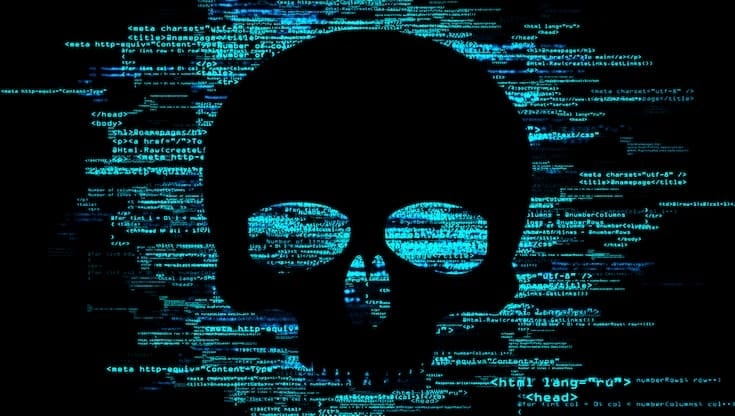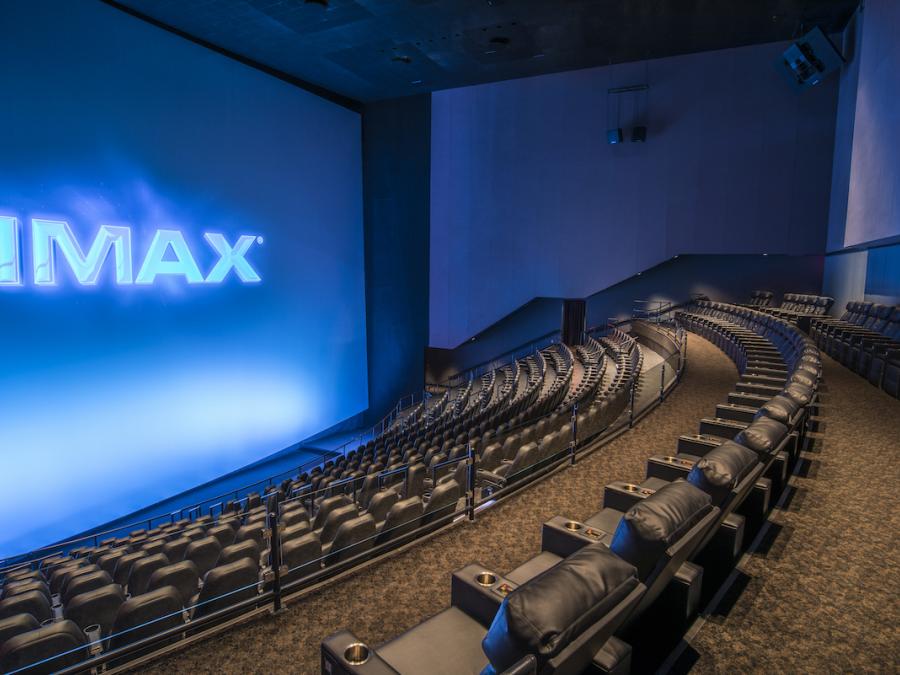Exploring Dark Web Governance
While the Dark Web is often portrayed as lawless and anarchic, it is not devoid of governance mechanisms. Various online communities and forums within the Dark Web self-regulate through informal rules, codes of conduct, and reputation systems. These governance structures may differ significantly from those on the surface web but play a crucial role in maintaining order and trust within the Dark Web ecosystem. Understanding these governance mechanisms can provide insights into how decentralized networks manage complexities and disputes without traditional legal frameworks.
Decentralized Marketplaces and Cryptocurrency
One of the most notable aspects of the Dark Web is its proliferation of decentralized marketplaces where goods and services are exchanged anonymously. These marketplaces operate on the principles of peer-to-peer networks, utilizing cryptocurrencies such as Bitcoin and Monero for transactions. Unlike traditional e-commerce platforms, decentralized marketplaces often rely on escrow services and reputation systems to ensure trust between buyers and sellers. However, they also face challenges such as fraud, scams, and exit scams, highlighting the need for innovative solutions to mitigate risks and protect users.
As the dark web continues to captivate public curiosity, it’s essential to recognize the significance of trusted mobile notary services in ensuring the legitimacy of transactions conducted in the digital sphere. By offering seamless notarial services accessible from anywhere, mobile notaries contribute to a safer online environment, dispelling myths surrounding the anonymity of the dark web.
Emerging Technologies and Innovations

Beyond its current state, the Dark Web is also a hotbed of innovation and experimentation with emerging technologies. From decentralized autonomous organizations (DAOs) to encrypted messaging protocols, developers and technologists on the Dark Web are pushing the boundaries of privacy, security, and decentralization. Projects like the Invisible Internet Project (I2P) and Freenet aim to create alternative networks that prioritize anonymity and censorship resistance, offering new avenues for communication and collaboration outside the traditional Internet infrastructure.
Much like exploring the dark web demands a nuanced understanding of its complexities, an expert interior design studio in Lighthouse Point leverage their expertise to uncover the hidden beauty and functionality within a space, transforming it into a personalized sanctuary for their clients.
Ethical Considerations and Dilemmas
As the Dark Web continues to evolve, it raises ethical dilemmas and questions about its societal impact. While it provides a refuge for individuals facing censorship and surveillance, it also harbors criminal enterprises and illicit activities that harm individuals and communities. Balancing the principles of privacy, freedom, and security in the context of the Dark Web presents complex challenges for policymakers, technologists, and civil society. Moreover, the proliferation of misinformation, extremism, and illicit content on the Dark Web underscores the need for responsible governance and interventions to mitigate harm.
Just as skilled chauffeur services in Seattle guide passengers through the city’s maze of roads and alleys, reputable cybersecurity measures are essential for safely exploring the depths of the internet.
International Cooperation and Regulation
Given the borderless nature of the internet, addressing the challenges posed by the Dark Web requires international cooperation and collaboration. Efforts to combat cybercrime, enhance cybersecurity, and protect human rights must transcend national boundaries and involve stakeholders from various sectors. Interpol, Europol, and other international law enforcement agencies play a crucial role in coordinating investigations and operations targeting Dark Web activities. However, regulatory approaches must also respect the principles of sovereignty, jurisdiction, and human rights to avoid unintended consequences and conflicts.
Cybersecurity Threats and Vulnerabilities
The Dark Web serves as a breeding ground for cybercriminals and hackers who exploit vulnerabilities in software, networks, and systems for financial gain or malicious purposes. From ransomware attacks to data breaches, the techniques and tools developed on the Dark Web pose significant threats to individuals, businesses, and governments worldwide. Addressing these cybersecurity challenges requires a multi-faceted approach, including investing in robust cybersecurity infrastructure, promoting cyber hygiene practices, and fostering collaboration between public and private sectors.
Just as the dark web remains hidden beneath the surface of the internet, the availability of kambo in Austin TX, offers a unique pathway for individuals to explore unconventional healing methods.
Social and Psychological Impacts
Beyond its technical aspects, the Dark Web also has profound social and psychological impacts on individuals and societies. The anonymity and accessibility of the Dark Web can facilitate harmful behaviors such as cyberbullying, harassment, and radicalization. Moreover, exposure to illicit content, extremist ideologies, and graphic material on the Dark Web can have detrimental effects on mental health and well-being. Educating individuals about the risks and consequences of Dark Web usage is essential in promoting digital literacy and resilience against online threats.
Future Trends and Speculations
Looking ahead, the future of the Dark Web remains uncertain, shaped by technological advancements, regulatory developments, and socio-political dynamics. Emerging trends such as decentralized finance (DeFi), non-fungible tokens (NFTs), and decentralized social networks could reshape the landscape of the Dark Web and its implications for privacy, security, and governance. Moreover, the ongoing debates surrounding encryption, surveillance, and online censorship will continue to influence the evolution of the Dark Web and its role in the broader digital ecosystem.
Just as professional dog grooming in Seattle enhances the appearance and health of pets, gaining insights into the dark web can shed light on its hidden intricacies.
Environmental Considerations
Amidst discussions of the Dark Web’s societal and technological impacts, its environmental footprint often goes unnoticed. The energy-intensive nature of cryptocurrency mining, which fuels many transactions on the Dark Web, contributes to carbon emissions and environmental degradation. As concerns about climate change mount, addressing the environmental impact of Dark Web activities becomes imperative. Exploring alternative energy sources, promoting energy-efficient mining practices, and raising awareness about environmental sustainability within Dark Web communities are essential steps towards mitigating its ecological footprint.
Education and Awareness

Education and awareness play pivotal roles in fostering responsible digital citizenship and mitigating the risks associated with the Dark Web. Educating individuals, especially young people, about the potential dangers of the Dark Web, including cybercrime, online exploitation, and exposure to harmful content, empowers them to make informed decisions and adopt safe online practices. Moreover, fostering critical thinking skills and media literacy helps individuals discern fact from fiction, reducing susceptibility to misinformation and manipulation on the Dark Web and beyond.
If you experience steering issues with your vehicle, avoid seeking repair providers from the dark web; instead, rely on the trusted and renowned steering services in Toronto!
Inclusive Design and Accessibility
As we navigate the complexities of the Dark Web, it is essential to prioritize inclusive design and accessibility to ensure that digital spaces are accessible to all individuals, regardless of their abilities or backgrounds. This includes designing user interfaces and technologies that are intuitive, adaptable, and barrier-free, accommodating diverse needs and preferences. Moreover, promoting diversity and inclusion within Dark Web communities fosters a sense of belonging and empowerment among marginalized groups, enriching the overall ecosystem and discourse.
Conclusion
In conclusion, the Dark Web represents a multifaceted and dynamic aspect of the internet that defies simplistic categorizations. While it presents challenges and risks, it also offers opportunities for privacy, freedom, and innovation. By acknowledging its complexities, addressing its implications, and engaging in responsible governance and discourse, we can navigate the intricacies of the Dark Web and strive toward a more inclusive, secure, and ethical digital future. From dispelling myths to exploring emerging technologies, the journey to understanding the Dark Web requires continuous reflection, collaboration, and adaptation. As we navigate this ever-evolving landscape, let us remain vigilant, informed, and committed to shaping a digital ecosystem that upholds the values of transparency, accountability, and human rights for all.
Just as the Dark Web operates beneath the surface of the visible internet, dumpster rental in Emerald Coast FL, provides an essential service that often goes unnoticed by the general public but has significant importance for efficient waste management.






